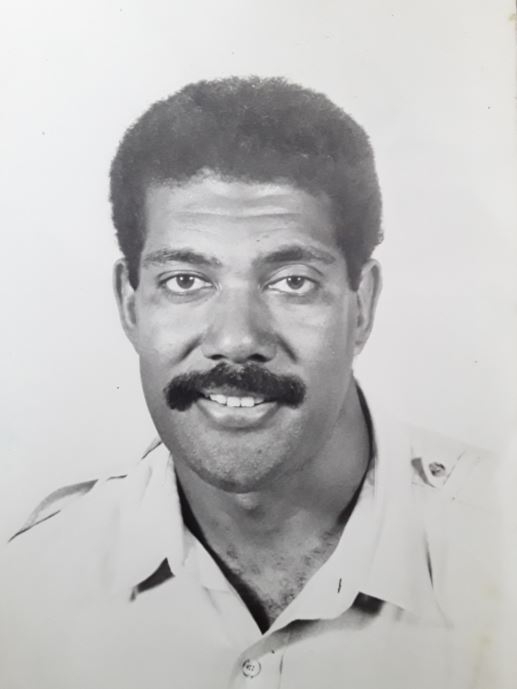The death of Ratu Alifereti Finau Mara (June 9, 1957 – April 15, 2020) occurred in Suva after a short illness. He was a Fijian chief, lawyer, politician, and diplomat. Ratu Finau was the eldest son of Fiji’s founding Prime Minister the late Tui Nayau Ratu Sir Kamisese Mara and Ro Lalabalavu, the Marama Bale na Roko Tui Dreketi, and a leading member of the Vuanirewa clan.
A graduate of Otago University, Ratu Finau started his legal career in 1984 in the Crown Law Office under the then Attorney-General, Qoriniasi Bale. We worked together at that time with the late Ratu Joni Madraiwiwi and Imrana Jalal now chairperson of the World Bank Inspection Panel.
Reminiscing those days, Ms Jalal described Ratu Finau as ‘a gentleman, in the old-fashioned way, without being demeaning, a rare feat.’
The early 1980s was an exciting time to be working in Government. The country was in an upbeat mood and the Attorney-General’s chambers had recruited some of the brightest legal minds in the country. We were blind to the divisions of race and politics that would poison the country following the first coup of 1987. Our friendship in some respects epitomised what Fiji might have been capable of — had we practiced the virtues of tolerance and understanding.
Following his pupillage in the law in the AG’s chambers, Ratu Finau was later transferred to the department of foreign affairs before taking up an appointment in 1991 as Charge d’affaires at the Fiji Embassy in Washington D.C.
Upon returning to Fiji, Ratu Finau was elected to the House of Representatives in 1994, in the Government of Prime Minister Sitiveni Rabuka holding the portfolio of Minister for Fijian Affairs between 1997 and 1999. After leaving politics, including a stint as leader of the Fijian Association party, he held senior positions in the department of foreign affairs.
My connection to Ratu Finau went back to the Marist Convent School in Levuka in the early 1960s where the then Ratu Mara was Commissioner Eastern. There was something special about Levuka. Multiculturalism was a way of life in the old capital.
We attended the same school. The Convent’s other star pupil, who was to acquire fame in her own right was Patricia Imrana Jalal. About that time, Ratu Finau’s uncle, Ratu Joni Madraiwiwi was attending Levuka Public School. So our destinies and careers were intimately linked.
He will be remembered for his gentle, almost childlike innocence and courtesy. It is unlikely that he bore malice towards anyone. Ratu Finau was not one to stand on ceremony and despite being of noble birth, was never pretentious. A devout Roman Catholic, he displayed a humanity that is sometimes lacking in persons born to privilege. It was rare to see him angry. In his later years, his congenial temperament masked a somewhat troubled soul. For someone who had the world at his feet, this was perplexing to those of us who loved him.
There’s an Indian proverb that says: ‘Nothing grows under a banyan tree.’ This proverb speaks of leadership styles. Nothing grows under the dense foliage of the banyan tree. The tragedy of Ratu Finau is that he lived in the shadow of the banyan tree. The late Ratu Mara was a towering figure, intellectual giant and world statesman, a man without equal in his time. It must have placed enormous pressures on the young Ratu Finau to be compared with his father.
The expectations on him would have been huge, possibly unbearable. In the last few years he became something of a recluse. There is something sad and poignant that a man destined for greatness would die without his full potential being realised. I mourn his passing.
Ratu Finau is survived by his long-time partner Vitinia Buadromo, and two children Salesi and Lawedua, his four sisters, a brother and two grandchildren. As vasu levu to the Roko Tui Dreketi, he will be laid to rest beside his late mother and brother in the chiefly burial grounds or sautabu in Narusa, Lomanikoro, Rewa on Friday 24 April.
